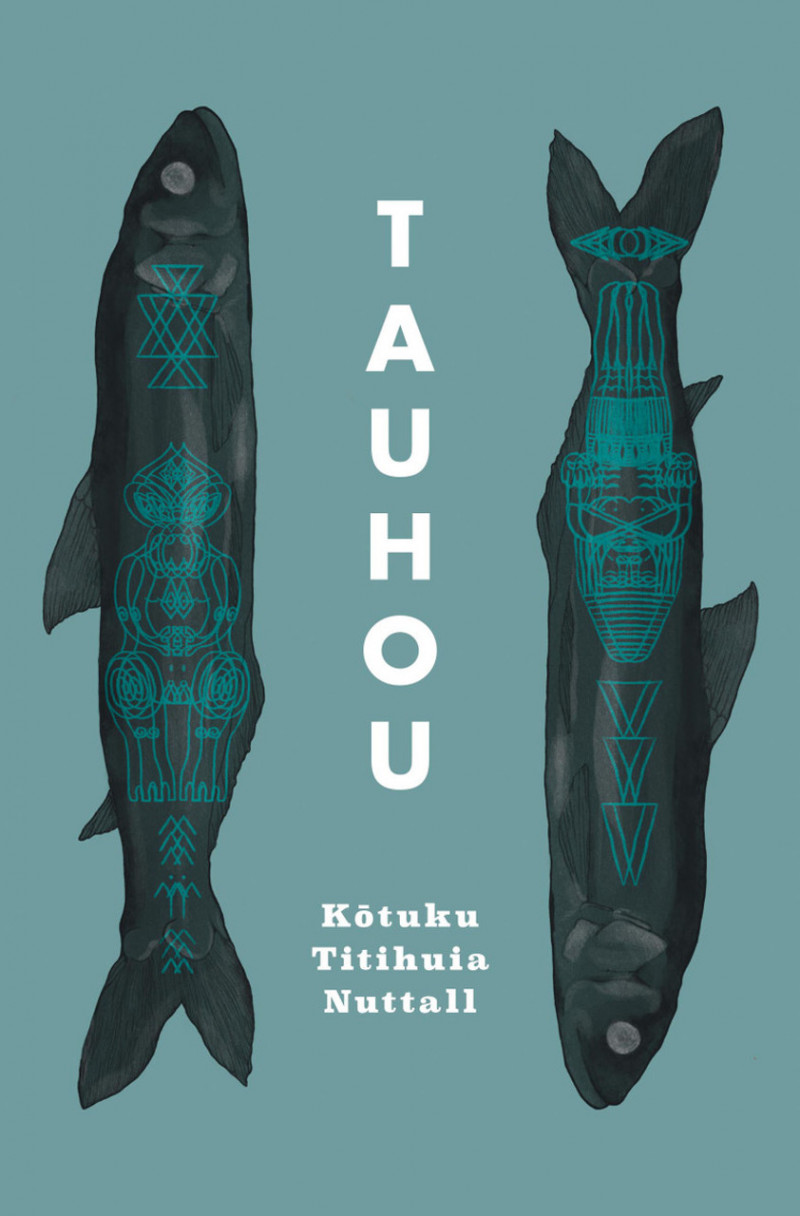Tauhou
Written by: Kōtuku Titihuia Nuttall
Te Herenga Waka University Press
Reviewed by: Margaret Austin
The title Tauhou is te reo Māori for “stranger”, and it sets us up for content that is surprising in its reach and contrasts. Nuttall is painstaking in her insistence on the essential fictional nature of this collection of stories – it doesn’t represent any real iwi or culture – but purposely pushes together two sides of her whakapapa.
She envisions a shared past between two Indigenous cultures and in doing so exposes the effects of colonisation. That this is done with examples, situations, and language that evoke and disturb while remaining eminently readable is a tribute to the writer.
Set on reimagined versions of Vancouver Island and Aotearoa, the action evolves through various characters and their situations. Hinau lives in a concrete block and has a job in a tribal propaganda office, which she shares with her cousin Salal. Their closeness is a recurring theme. But so is concrete, contrasting as it does sharply with images of nature, rendered longingly by a writer who laments its abuse.
“The beat of a tattoo needle is like the steady pounding of a drum.” Such a sentence, the first in the story Moko, promises to satisfy any reader’s curiosity about the art of tattoo, plus the feelings and motivation of someone who’s receiving one. It’s predictably graphic and absolutely fascinating. If you don’t intend ever getting a tattoo, reading this chapter is the next best thing!
Family members and experiences have particular significance. I related to the father Pa in Stones – recognising the taciturnity that disguises the caring of many fathers. “When he returns for the day, I know to be quiet and reserved”, remarks our sensitive writer daughter.
As well as the use of te reo, several of the stories include words in SENĆOŦEN, the language of the W̱SÁNEĆ people, one part of the author’s whakapapa. “I use these words to bring myself closer to my tipuna and to spread the fire of our language further.”
Tauhou represents a recognition, acknowledgement, and sometimes salutary reminder of pasts and how we might
reconcile them.
View more reviews:
« Click here


